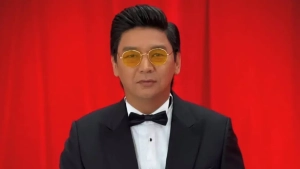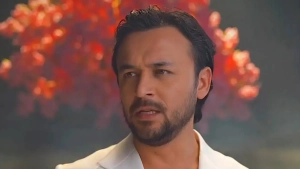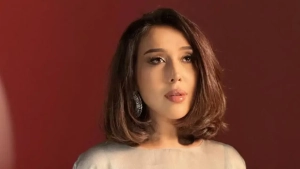Comedy Club residents banned in Uzbekistan

The Russian Comedy Club show's residents in Uzbekistan have been banned from touring. This was reported by Upl.uz.
This is the second such case for this project, with the Uzbekistan Ministry of Culture justifying the decision by stating it contradicts national morality and does not comply with ethical standards. According to the concert organizers, the current ban is a continuation of the policy that began in 2023.
At that time, the “Musical Comedy Club” show in Tashkent was postponed due to technical reasons, and a new date was not announced. The official letter from the ministry clearly stated that the depiction of family life, marriage, and gender relations contradicts national morality.
Such cancellations and changes are not uncommon. Organizers report that foreign performers' programs are thoroughly reviewed by a special “culture commission,” and if necessary, modifications to the program are required.
For example, this year, some jokes were requested to be removed from Aleksey Shcherbakov's stand-up program, and T-Fest's performance was completely canceled. In 2023, concerts by Grigoriy Leps, Irina Dubtsova, Diana Arbenina, and Zemfira alongside Comedy Club were also canceled.
These bans and restrictions cause economic damage, with organizers reporting losses of up to 90% of revenues. The process of obtaining permits for concerts in Uzbekistan often involves strict and lengthy inspections.
Dariya Sviridova, an event organizer, previously stated that song lyrics, scripts, and even stage costumes are carefully checked. This creates difficulties for creative teams and limits their freedom of expression.
Local performers also face censorship. For instance, in 2023, Uzbek singer Kaniza was deprived of her license for performing in skin-colored tight pants.
Against this backdrop, Jennifer Lopez's concert held on August 7 at the “Milliy” stadium in Tashkent stands out. Despite the American singer's revealing stage outfits, her performance was not criticized by regulatory authorities.
Among the public, only Alisher Qodirov, leader of the “National Revival” party, expressed critical views, saying, “We accepted openness as secularism, now let us also recognize the right to modesty.” This event was initially viewed as a strategic investment.
The concert attracted many tourists, with over 70% of tickets purchased by foreign guests, generating more than 40 billion soms in tax revenue for the Tashkent budget. This demonstrated Uzbekistan's potential as a venue for world-class events.
Nevertheless, this situation gives the impression that rules are applied selectively. The question arises: if global stars bring significant financial benefits, can they have more freedom on stage?
The Ministry of Culture has not yet provided an official comment on this situation. In Uzbekistan, the state institution “O‘zbekkonsert” is responsible for licensing pop music activities.
To obtain or renew a license, performers must meet not only professional skill requirements but also criteria ensuring their repertoire aligns with national values.







